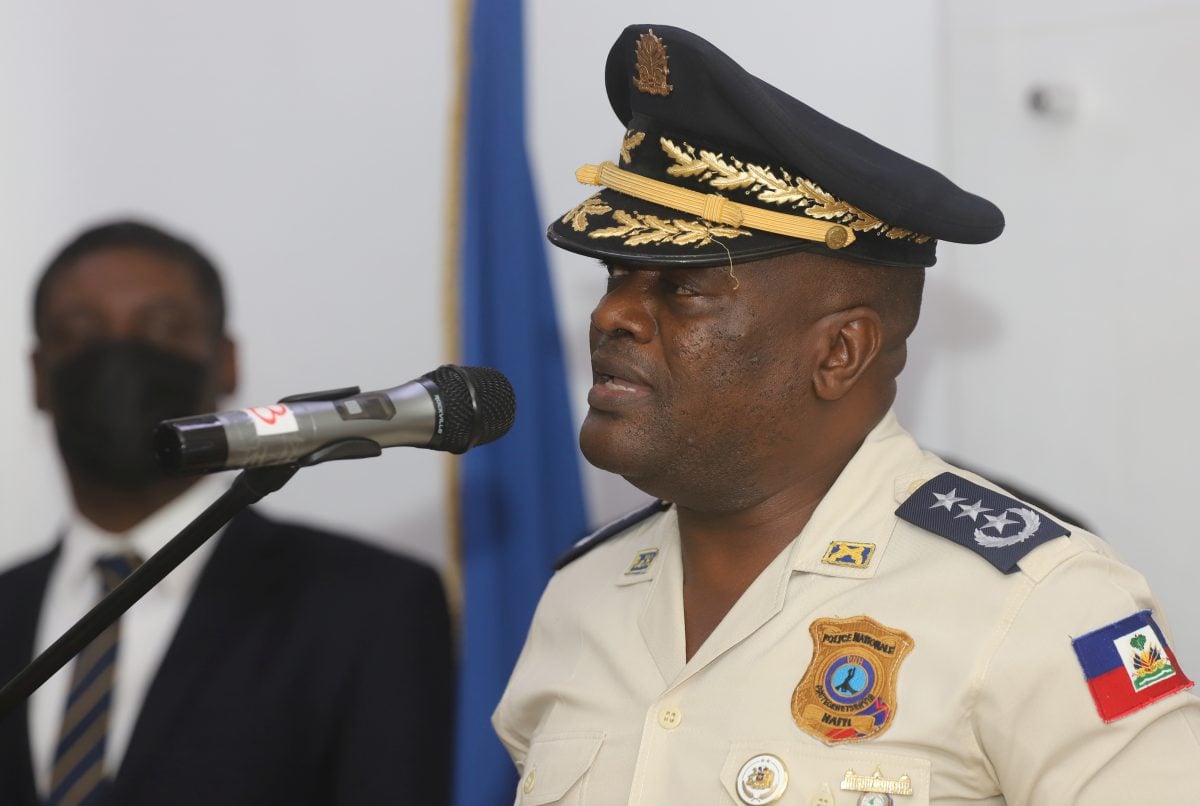PORT-AU-PRINCE, (Reuters) – A Kenyan delegation has arrived in Haiti and has been meeting with the country’s national police, as it assesses leading a possible United Nations-backed multinational security force to help police fight escalating gang warfare.
The Caribbean country’s government first called for international security assistance last October.
U.N. chief Antonio Guterres has also long called for the international community to lend its support and last month Kenya became the first country to say it was prepared to lead such a force.
The Kenyan officials were at the police headquarters in Port-au-Prince on Monday, where they met with Frantz Elbe, the head of Haiti’s National Police, a source told Reuters. Talks are set to continue Tuesday.
With scarce resources, Haiti’s police have been battling powerful gangs now estimated to control large parts of the country, where residents grapple with severe food shortages, frequent killings, kidnappings and widespread sexual violence.
Since the start of this year, the U.N. estimates at least 2,439 people have been killed and some 200,000 internally displaced amid frequent turf wars and as fighting expands to farmlands north of the capital.
After the Kenyan assessment, the plan to send a security force to Haiti will pass to a vote at the U.N. Security Council. The United States has already voiced its support.
In a report last week, Guterres told the Security Council a “robust use of force” by a multinational police deployment and use of military assets were needed to restore order and disarm gangs.
Guterres said the support should focus on re-establishing access routes for basic services. Foreign-backed aid groups have been forced to shut down operations in recent days given an escalation in the violence.
Human Rights Watch has called for the planned multinational force to include safeguards to prevent abuses. Previous interventions left behind a devastating cholera epidemic, as well as many allegations of sexual abuse.
Countries have also been wary of backing the administration of unelected Prime Minister Ariel Henry.

